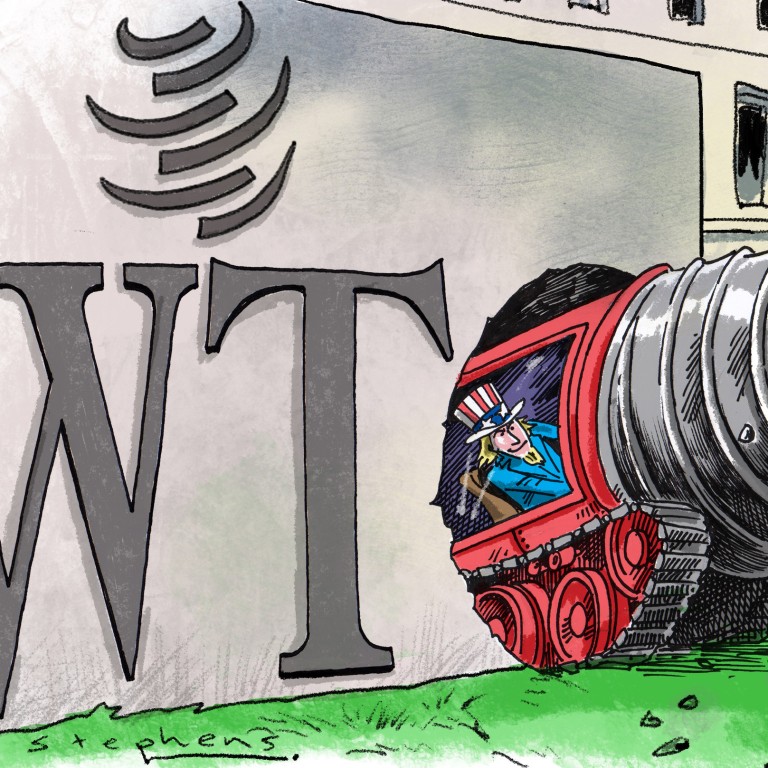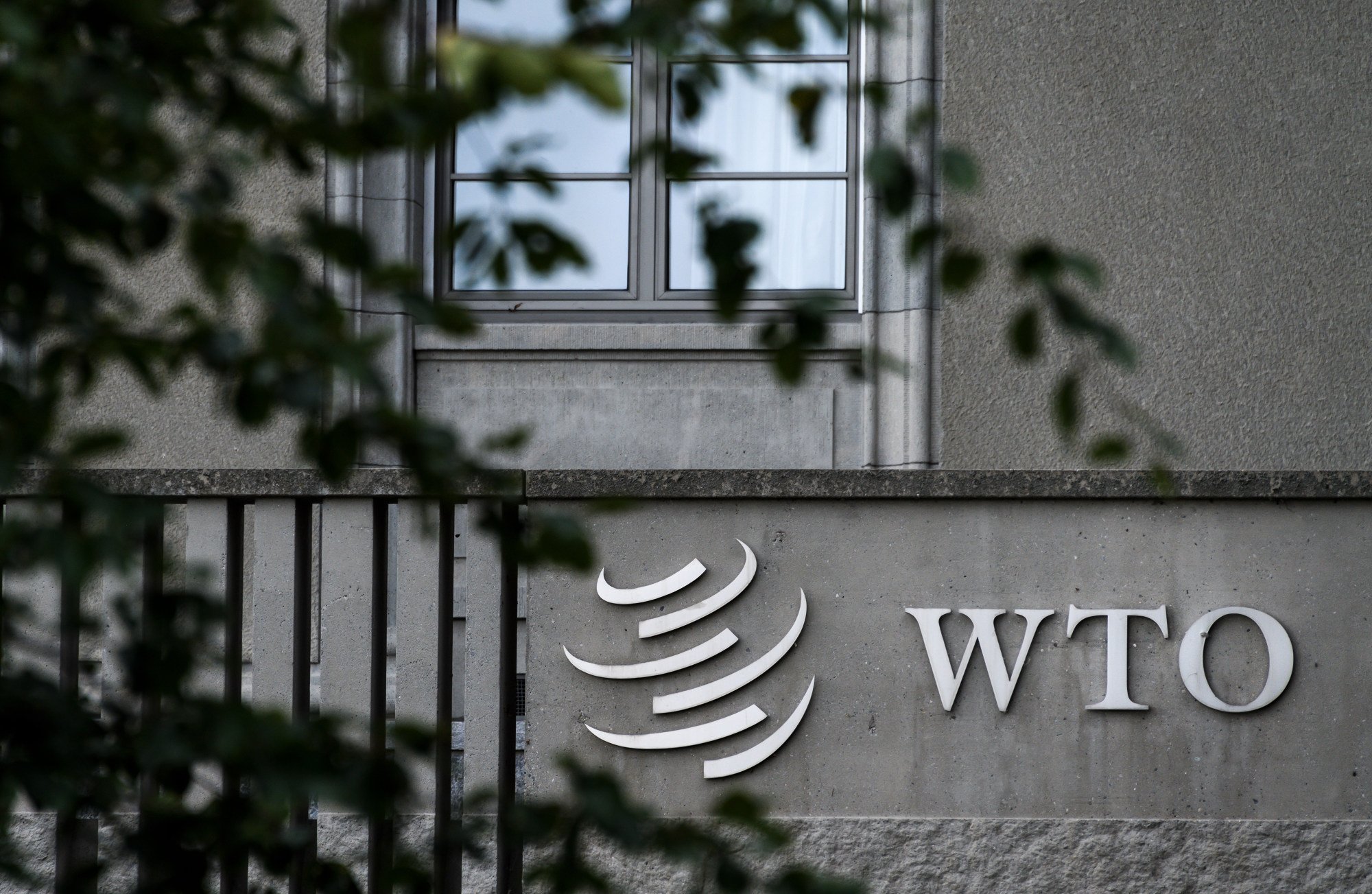
Disregard for WTO shows US is a destructive force for the rules-based global economic order
- Washington says it wants WTO reform but, in reality, it simply does not want to be beholden to a rules-based order it helped create
- By blocking key WTO functions over its grievances with China, the US has turned a platform designed for cooperation into a cockpit for power contests
Decades ago, the US led the creation of trade rules for the world. Now, in a peculiar twist, it is leading in undermining these rules and multilateral institutions. While demanding other countries comply, Washington frequently flouts multilateral trade rules that are not aligned with its interests.
Washington, while winning the vast majority of its WTO disputes, often refuses to implement rulings that are not in its favour. Over the years, a total of 15 cases, the largest number of all WTO members, have been lodged against the US for its non-compliance of the adverse rulings.
As a result, multilateral trade rules, critics say, are to Washington what a coat is to a man. He wears it in times of need, but quickly takes it off on a sweltering day. More probably, though, these trade rules were not intended to bind the US in the first place, as a flashlight is not designed to be directed into the face of the one holding it.

It has also accused China of failing to live up to commitments made when it joined the WTO in 2001. However, this charge is based on US “expectations” of what China should have done, rather than the accession protocol Beijing concluded with the organisation. For example, Washington lashed out at China for its position in WTO plurilateral negotiations on trade in services. But China is yet to be a party to those talks.
Washington’s smear tactics serve a dual purpose, analysts say. First, they deflect criticism aimed at the White House itself for undermining international trade rules, just as, to borrow a Chinese idiom, a thief might cry out: “stop thief”. Second, they serve to justify unprovoked US aggression towards China. This is not just hypocrisy, but a case of tripping one’s competitor just because they are faster.
Since then, as an outlier at the monthly meetings of the dispute settlement board over the past three years, the US has unfairly continued to oppose the resurrection of the system. Consequently, the body that enforces WTO rules – described as the organisation’s crown jewel – remains in deep freeze.
Critically, Washington politicises the upgrading of international trade rules. It seeks to monopolise the reshaping of the global economic order, excluding China in the process. Both former president Barack Obama and Biden have claimed that the US, not China, should “write the rules for the road” on trade so that America is, in the words of Obama, “holding the pen”, rather than “the bag”.
Why US, China power transition does not have to be dangerous and lead to war
The White House’s geo-politicisation of the WTO reform agenda will divert the organisation’s attention from addressing serious challenges, thus sacrificing the common interests of other members for Washington’s own narrow geopolitical ends.
Clearly, Washington is a destructive force for the rules-based global economic order. It undermines the multilateral trading system, and fractures the world economy. Biden insists that the US should lead the world. Yet, judging by Washington’s actions, the world at large would be better off without the US smashing anything it deems an obstacle to its perpetual global hegemony.
Zhou Xiaoming is former deputy representative of China’s Permanent Mission to the United Nations Office in Geneva

